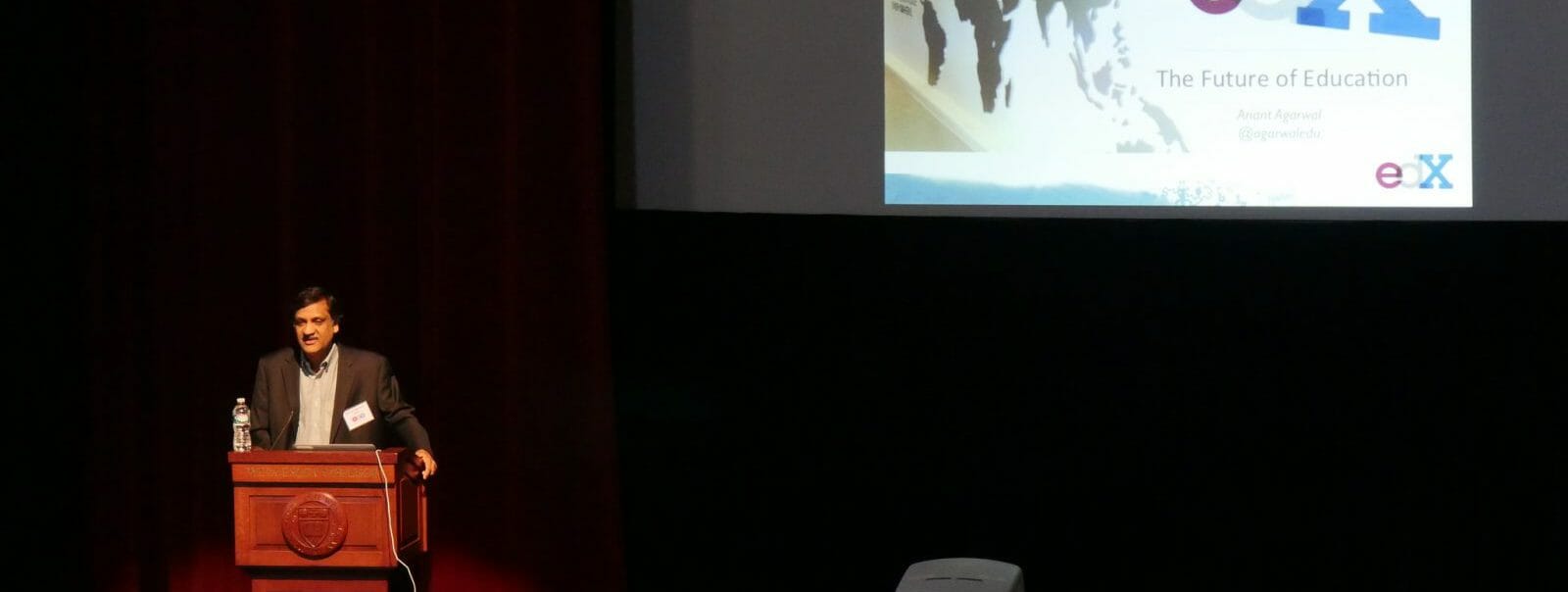
On December 17, edX CEO Anant Agarwal announced that the non-profit MOOC provider—the second largest behind Coursera—would be further monetizing its online courses. According to Agarwal’s blog post, the changes were made in the name of sustainability.
“In order to continue to drive forward our mission of providing affordable access to high-quality education for everyone, everywhere, we need to have a business model that supports our platform, partners, and content,” he wrote.
Learners will still be able to audit courses for free, but they will need to pay to participate in graded assignments, access the course after its duration has ended, and receive a verified certificate upon completion.
edX’s Paywall Will Be Higher than Coursera’s
The cost of these courses vary, but Class-Central founder Dhawal Shah reports that “It may come as a surprise to some that edX’s paywall will now be higher than Coursera’s, especially since Coursera has borne the brunt of criticism about restricting access to MOOCs, which many attributed to pressure from Coursera’s venture capital (VC) investors.”
While the organization remains committed to providing courses at a low cost to learners around the world, the change left a bad taste in at least a few learners’ mouths.
It’s no secret that offering MOOCs and MOOC-based degree packages for a very low cost isn’t the most economically sound business strategy.
Co-founder of Mindwires Consulting and writer for the e-Literate blog Phil Hill told Inside Higher Ed outright that edX “need[s] to acknowledge that MOOCs by themselves are not sustainable as a business model.”
edX can certainly back this point up. Since the provider launched in 2012, it has consistently spent more than it has taken in. Net losses have typically come in around $3 million. But then again, edX does not operate like many businesses.
edX Has Nearly Doubled Upper Management Since 2015
A scan of edX’s recent 990 tax return forms leaves some questions unanswered. Between 2016 and 2017, when the organization reported a net loss of $2,980,000 (in 2016), many officers and directors are listed taking on significantly more work, earning six figures after reporting no edX-related income the year before.
Co-Chair and Director Alan Garber worked an average of 1 hour per week in 2016 and received zero compensation. In 2017, he averaged 60 hours per week and received just under $670,000 from related organizations with additional benefits. Garber is also a provost at Harvard, a parent organization of edX, and it’s likely this is the related organization in question. It remains unclear, however, why no income from related organizations was reported the year before. A similar story is true for five other edX directors who are named as individual trustees. Martin Schmidt, Katherine Lapp, Israel Ruiz, Sanjay Sarma, and Michael Smith went from 0 to 60 in terms of average hours worked and received salaries ranging from $500,000 to $700,000 from related organizations after edX reported they earned nothing the previous year.
According to the IRS, “An organization need not list individuals who are officers, directors, trustees, key employees or the five highest compensated employees of a related organization unless that person also serves in one or more of these capacities with the filing organization.”
Compensation of current officers, directors, trustees, and key employees jumped from $3,954,147 in 2016 to $4,412,222 in 2017. That’s less significant than the jump from $3,093,784 in 2015 to the nearly $4 million in 2016. During these years, the ranks of upper management at edX swelled from 13 members earning 6 figures in 2015 to 24 in 2017.
edX has also been spending more and more on their less-essential employees as well. Salaries and wages at edX grew from $13,816,051 in 2015 to $18,401,345 in 2016.
This likely attests to edX’s recent growth. Along with learners taking courses via Open edX, the organization counted 35 million total learners during the Open edX 2018 Conference this summer. At the same event, Agarwal put forward the goal of increasing that to 100 million in five years’ time.
It appears the company has been building capacity. In all, total functional expenses stood at $36,382,888 in 2015. In 2017, it was $57,073,054. That marks an increase of over 63%. edX did not respond to requests for comment.
Featured Image: edX, Flickr.









No Comments